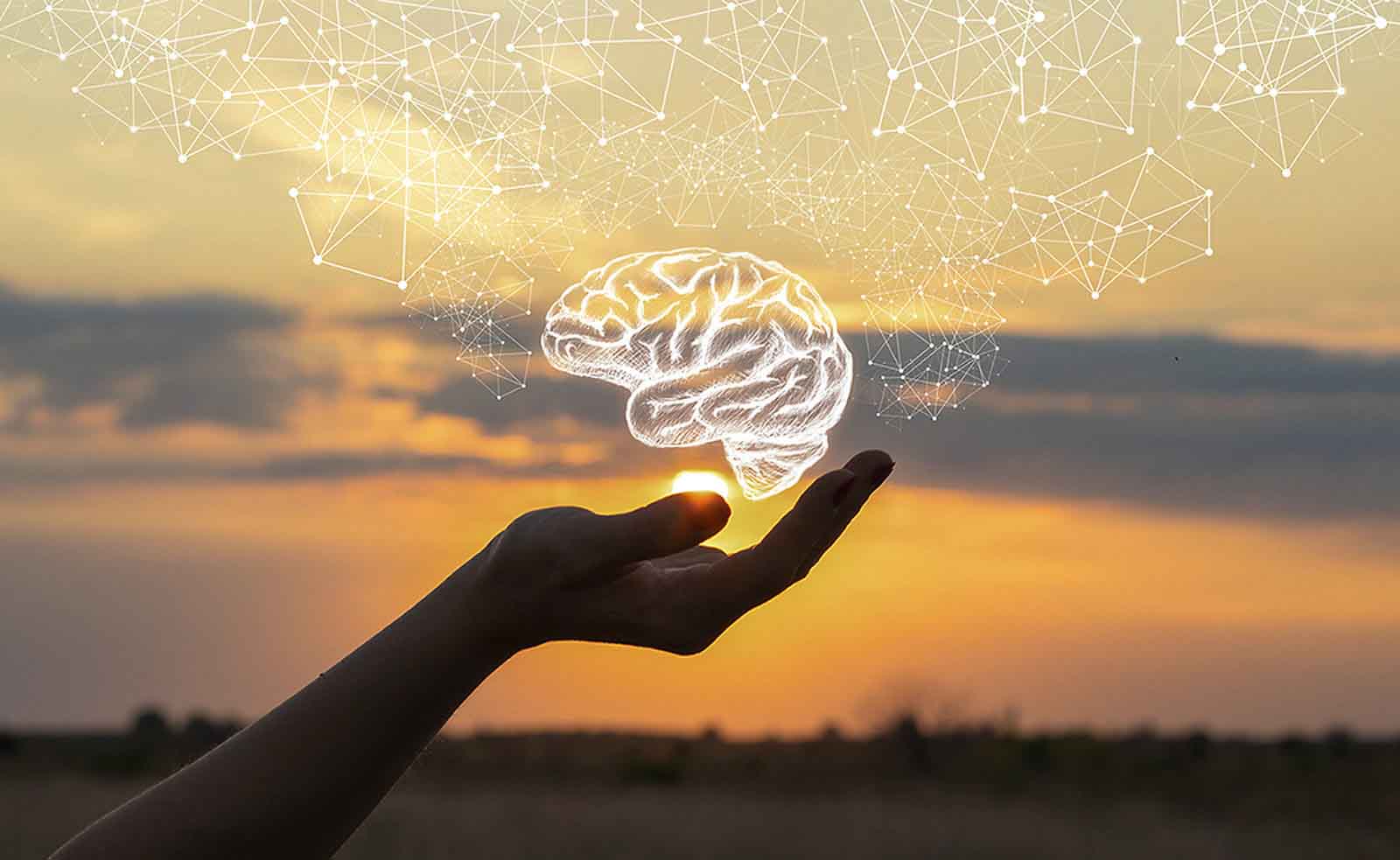According to the World Health Organisation, globally around 280 million people suffer from depression, whereas around 1 in 5 of the world’s children and adolescents have a mental disorder. It further says that mental, neurological disorders contribute 10% of the global burden of disease and 30% of non-fatal disease burden. As far as India is concerned, according to ‘The Global Burden of Disease Study 1990 – 2017, 197.3 million people were suffering from various mental disorders in India that is 1 in 7 Indians. The country saw a two-fold increase in the diseases contributed by mental disorders – the total mental disease burden in India increased from 2.5% in 1990 to 4.7% in 2017.
World Mental Health Day
World Mental Health Day (WMHD) is celebrated annually on 10 October, is organized by the World Federation for Mental Health and endorsed by the World Health Organization (WHO). The event represents a global commitment to raise awareness of mental health issues around the world and to mobilize efforts in support of mental health.
Theme
The theme for World Mental Health Day 2021 is ‘Mental Health in an Unequal World’. The theme emphasizes to reduce the gap between the ‘haves’ and the ‘have nots’ that is growing wider by every passing day and there is continuing unmet need in the care of people with a mental health problem.
COVID-19 pandemic has a major impact on people’s mental health, therefore the need to observe this day becomes even more important. Health and frontline workers, students, people living alone, and those with pre-existing disease conditions, have been particularly affected. Services for mental, neurological disorders have been significantly disrupted.
Rising cases of mental health in India
According to the information by the Ministry of Health and Family Welfare in 2018, India has just 898 psychologists against the requirement of 20,250. Moreover, the country has 1,500 psychiatric nurses against the requirement of 3,000. Ministry also states that in India, 1 in every 12 elderly persons have symptoms of depression. Patients together with their families and caregivers continue to experience stigma and discrimination.
This gives us an opportunity to come together and act together for mental health issues that are currently affecting the world and ensure people enjoy good mental health and wellbeing.

 The COVID pandemic has exacerbated the mental health conditions of people. It has also produced significant disruptions to services for mental, neurological and substance use disorders
The COVID pandemic has exacerbated the mental health conditions of people. It has also produced significant disruptions to services for mental, neurological and substance use disorders





.jpg)













.jpeg)

.jpeg)










.jpg)




.jpg)

